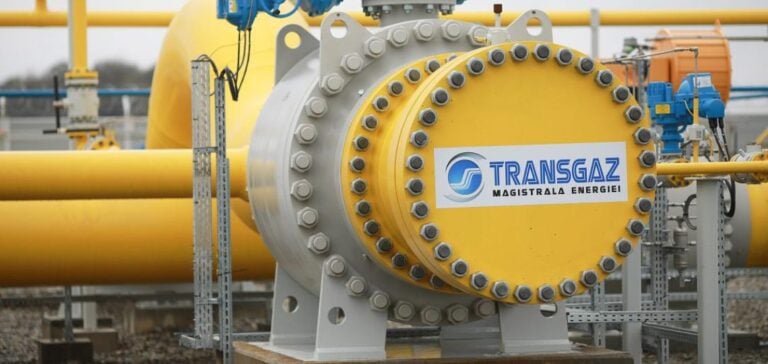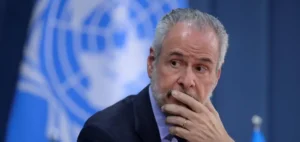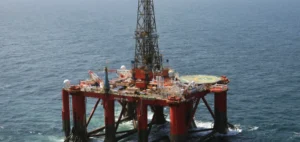Romania has pledged to support its neighbor Moldova in energy supply this winter, as Moldova faces an increased risk of interruptions in Russian gas deliveries. The Moldovan government declared a state of emergency in the energy sector starting December 16, following persistent uncertainties regarding gas deliveries to the separatist Transnistria region.
Transnistria, located on the left bank of the Dniester River, currently relies on Russian gas delivered via Ukraine under a contract between Gazprom and Moldovagaz. However, this agreement could be disrupted when the Russia-Ukraine gas transit contract expires at the end of 2024. Supply cuts could further impact the operations of Transnistria’s thermal power plant, which also provides electricity to the rest of Moldova.
Emergency measures from Romania
Sebastian Burduja, Romania’s Minister of Energy, stated that Bucharest remains in constant contact with the Moldovan government to ensure energy stability. He emphasized Romania’s national priorities while expressing confidence in its ability to assist Moldova, as it has done previously.
The Romanian ministry announced several measures:
– Analyzing priority options for gas storage withdrawals if deliveries to Transnistria are disrupted.
– Increasing Romania’s electricity import capacity, set to rise from 315 MW to 395 MW this week.
– Cooperation between grid operators VestMoldTransGaz and Transgaz to stabilize any immediate imbalances during a crisis.
In addition, discussions involving Nuclearelectrica and Hidroelectrica, Romanian energy producers, along with Moldovan company Energocom, are underway to ensure additional volumes of electricity.
Secured gas supply
Despite challenges in Transnistria, the Republic of Moldova, located on the right bank of the Dniester, has successfully secured its gas needs for the period from October 2024 to March 2025. Moldovagaz announced on December 13 that the purchase of 748 million cubic meters of gas had been finalized at an average weighted price of €47.88/MWh.
Approximately 700 million cubic meters were acquired through the Romanian Commodities Exchange, while the remaining 48 million cubic meters were purchased from Energocom. These volumes are expected to meet Moldova’s heating needs for the entire winter season.
Strategic support
Romania plays a central role in strengthening Moldova’s energy security as dependency on Russian gas decreases. Since the 2022 supply crisis, Moldova has gradually diversified its import sources, primarily relying on its European neighbors.
Romania’s support aligns with broader regional cooperation efforts aimed at mitigating energy crisis risks for Moldova’s population. This collaboration could also serve as a model for other countries facing similar challenges in Eastern Europe.
Challenges for Transnistria
However, Transnistria remains heavily exposed. With an annual demand of 2.1 billion cubic meters, compared to 1.2 billion for the Republic of Moldova, any interruption in Russian gas deliveries could cause significant economic disruptions. Transnistria’s thermal power plant, a cornerstone of its electricity supply, risks being unable to maintain production levels.
Romania’s emergency measures, in cooperation with European partners, aim to offset the potential 600 MW energy deficit should this power plant cease operations.






















